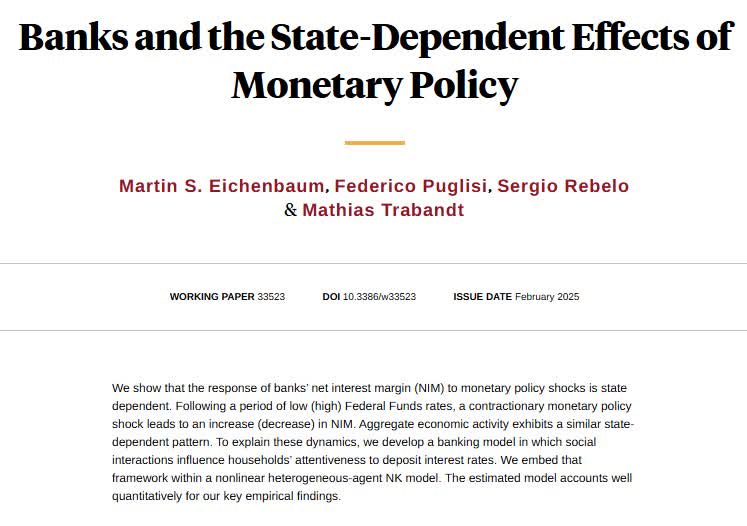
Sasha Indarte
@sashaindarte
@Wharton finance professor researching empirical macro and household finance. Minneapolis, MN → @Macalester → @NorthwesternU Economics PhD
ID: 23909417
https://sashaindarte.github.io/ 12-03-2009 05:56:24
1,1K Tweet
3,3K Takipçi
1,1K Takip Edilen

I'm hiring pre-docs to work with me and my outstanding team on economic policy research projects. Application info here: siepr.stanford.edu/programs/predo… Deadline is Mon Oct 21, 2024 Econ RA Listings
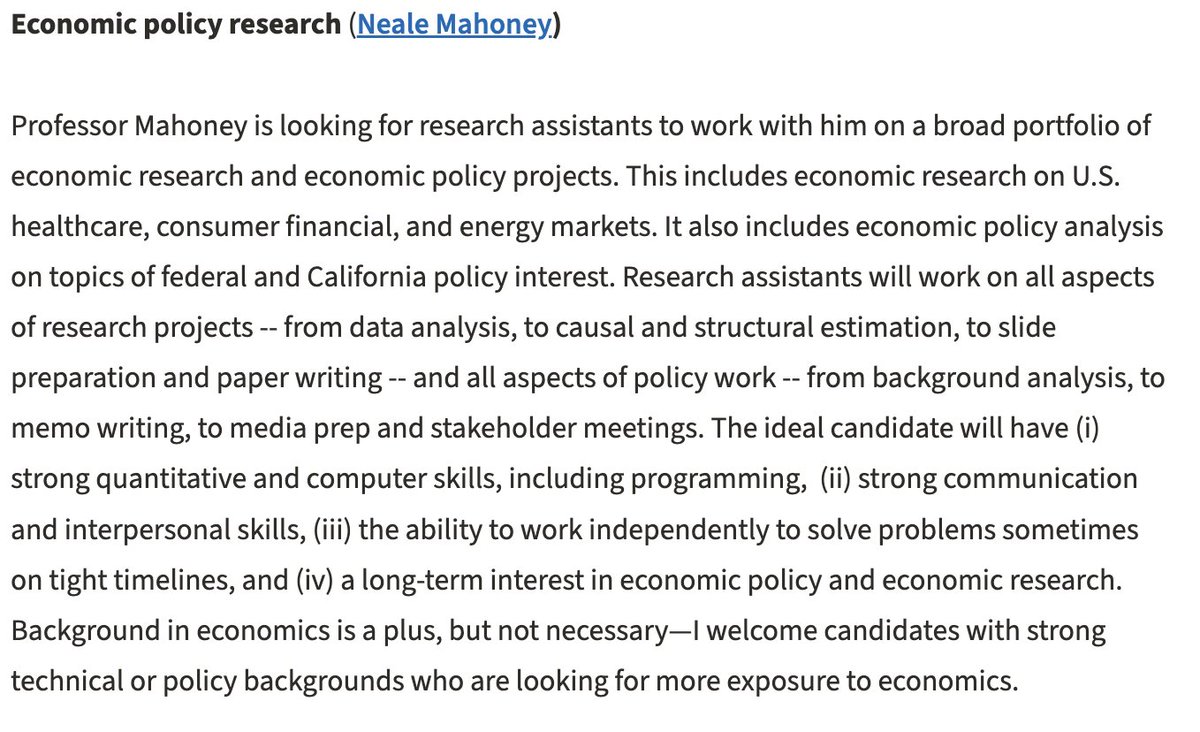

83% of bankruptcies stem from liquidity issues, not moral hazard, according to Sasha Indarte’s research. She shared these insights at the "Household Debt Relief" workshop in Stockholm last week. Watch the full interview here: bit.ly/3Y8m0fp

Using a randomized lottery design shows that full-day universal pre-k raises parents' earnings by 22 percent, with gains persisting for at least six years after pre-k, from John Eric Humphries, @chrisaneilson, Xiaoyang Ye, and @SethDZimmerman nber.org/papers/w33038
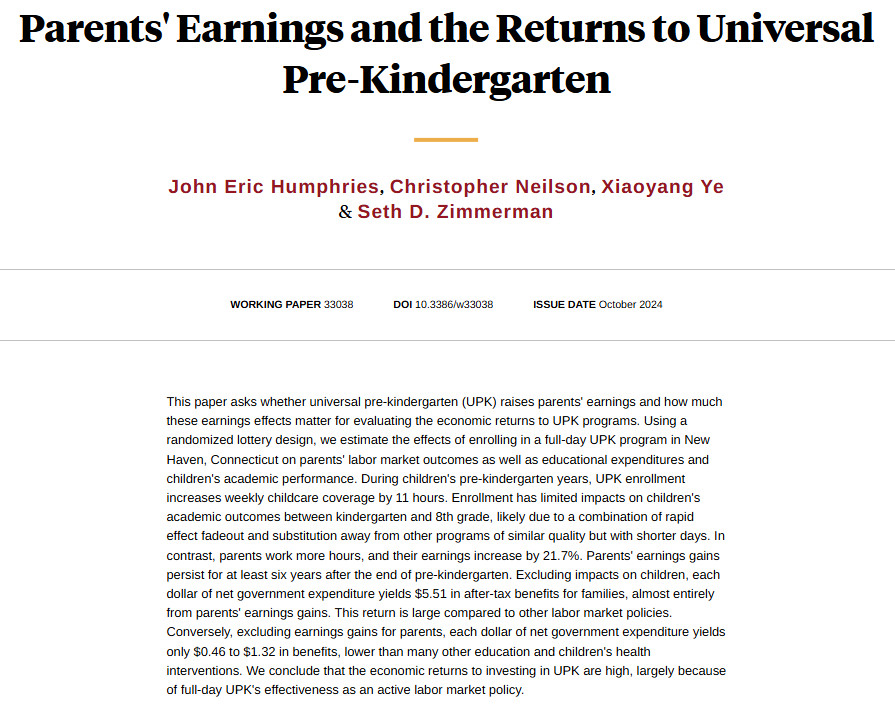



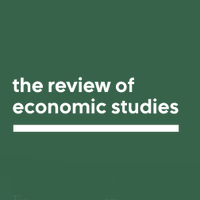
``Child support & alimony provide insurance to divorcees, enable couples to specialize, but distort divorcees' incentives. Optimal policy analysis in a life-cycle model, estimated w/ Danish register data.” New paper from Hanno Foerster Boston College Economics Department Boston College restud.com/untying-the-kn…
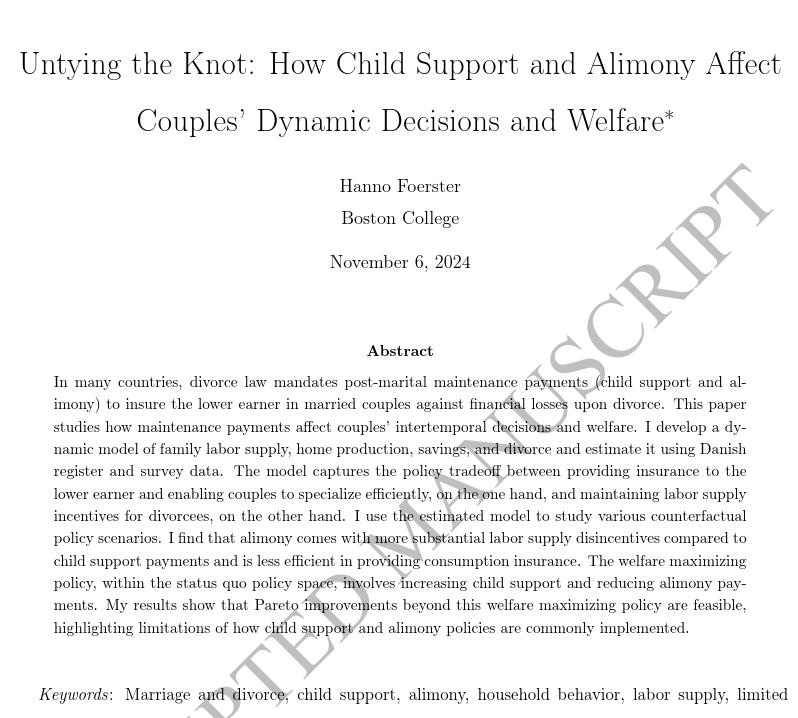


Think quantity discounts only make you end up with expired painkillers? Our 🚨new and revised paper🚨 shows how in general equilibrium, they overturn classic results on misallocation across firms and across consumers. Gideon Bornstein 🧵



1/ Dataset alert 📊 I've posted the bank-level data (share of state ownership and 🌍 share of foreign ownership) used in my recent paper published in the Journal of Banking & Finance: "Bank ownership around the world". Thanks Thorsten Beck at tl-beck.bsky.social for being a great editor 🧵

Starting January 1, 2025, medical debt will no longer be listed on Californians' credit reports and cannot be used in lending decisions. 🧵on why I support this policy 👇 Governor Newsom Press Office Senator Monique Limón
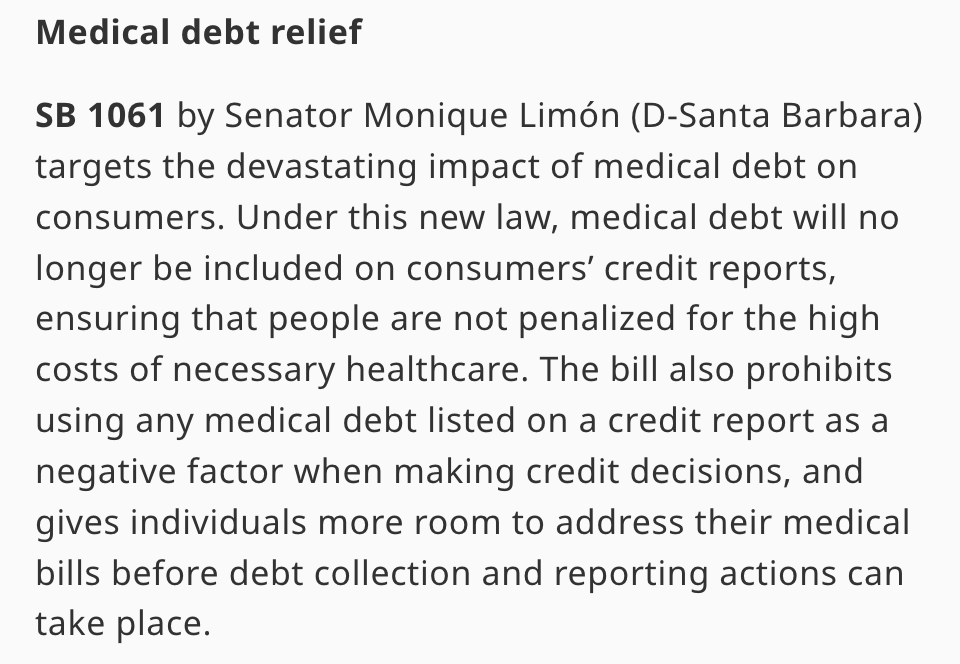

One word to describe the economy in 2024? "Uncertainty," The Wharton School's Sasha Indarte told Marketplace to lead our faculty in the news roundup. Swipe for: 1️⃣ Sasha Indarte on the economy 2️⃣ Ben Keys on natural disasters 3️⃣ Olivia S. Mitchell on Social Security 4️⃣ @Katy_Milkman on goals


rodneywhitecenter.wharton.upenn.edu/2025-summer-sc… 12 more days to apply to our summer school in structural estimation! It's a hands-on course in which you learn how to do SMM and then work on a problem set with your classmates. Open to PhD students in finance, accounting, econ. And faculty.

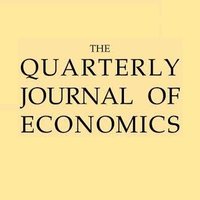
Recently accepted by #QJE, “Micro MPCs and Macro Counterfactuals: The Case of the 2008 Rebates,” by Orchard (Jacob Orchard), Ramey, and Wieland (Johannes Wieland): doi.org/10.1093/qje/qj…




